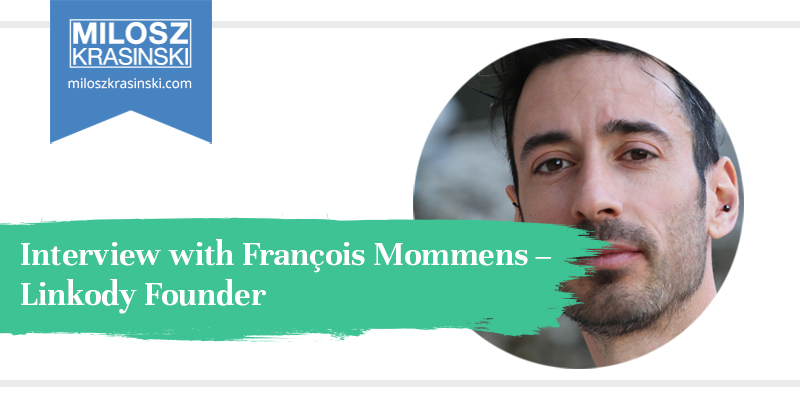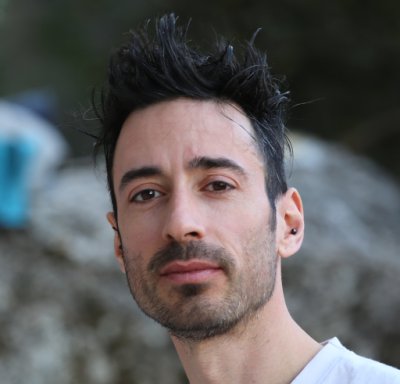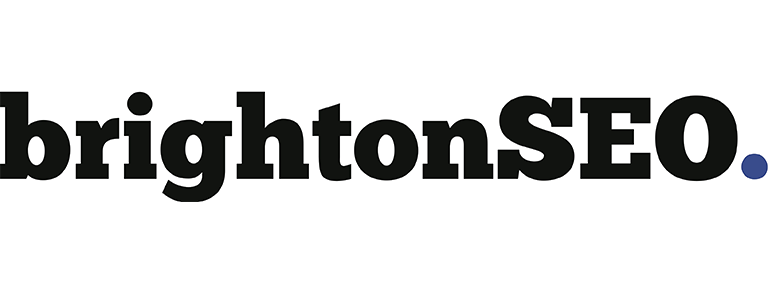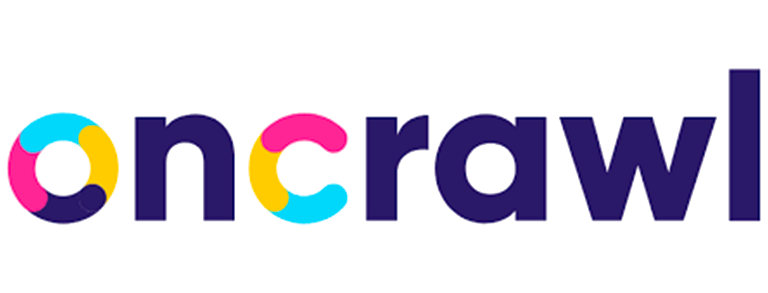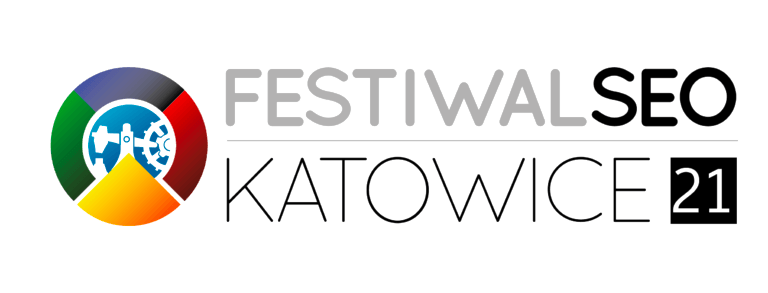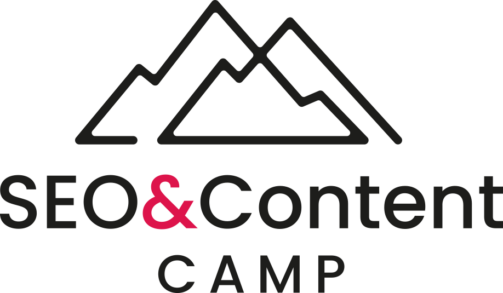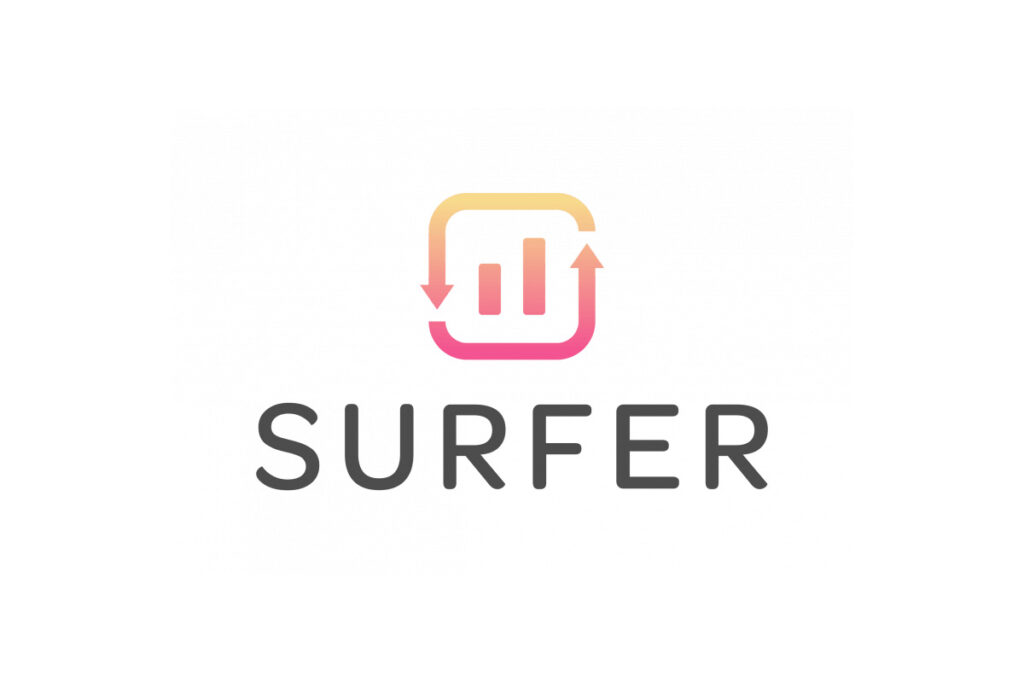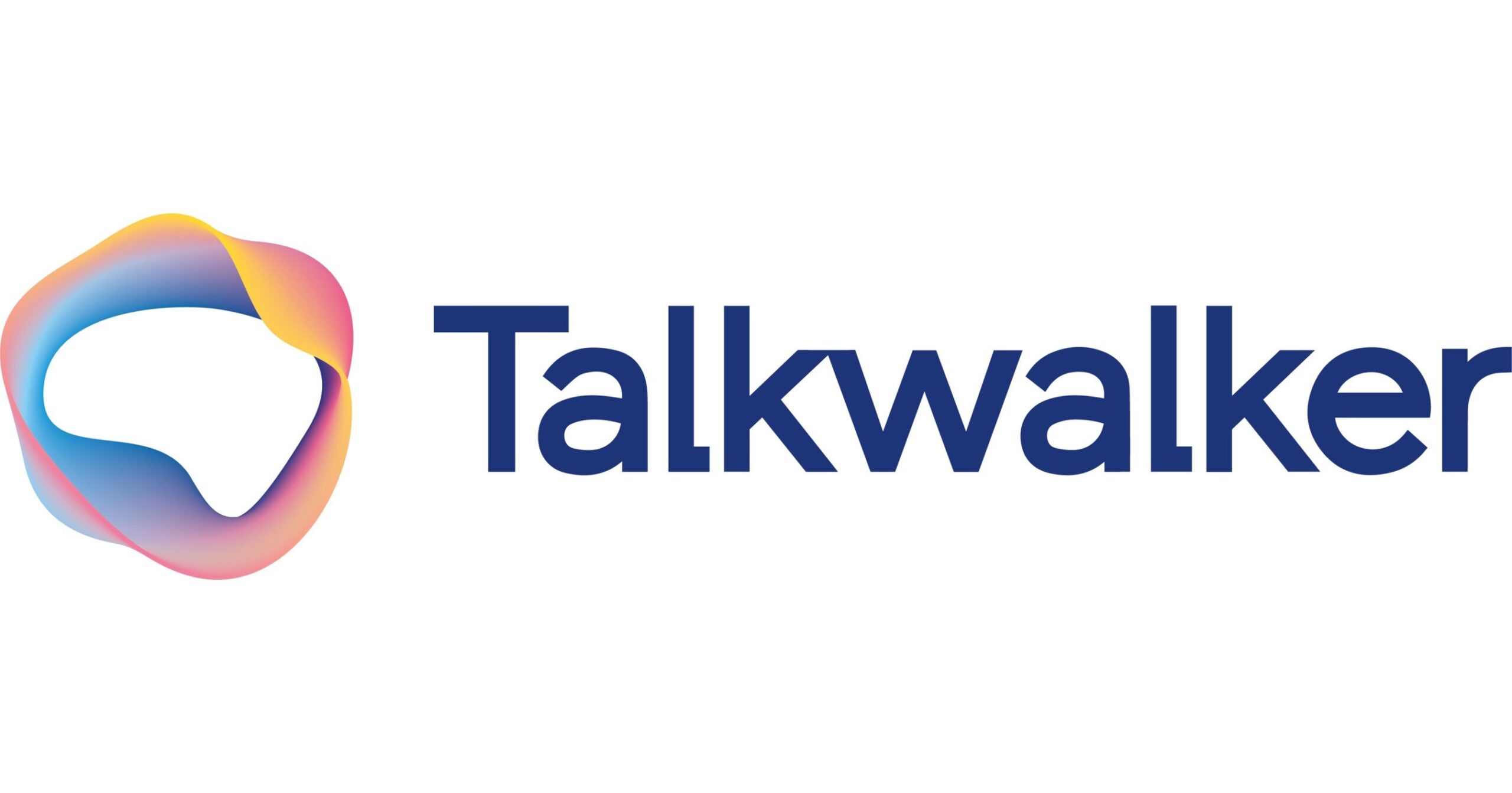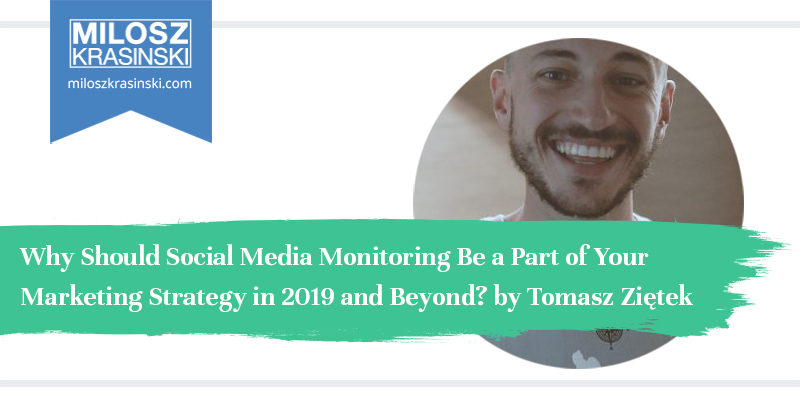How did you get it into digital?
I’ve always worked in Digital. I graduated from Polytech Nice-Sofia as a software engineer and got the chance to immediately join a small startup that had the big responsibility of developing France Telecom’s search engine.
This is a forgotten fact but France Telecom had its very own search engine and was competing with Google for many years (in France).
Fun fact, during the development of the first version, we (the search engine team, 4 people including myself) had a brainstorming session over the criteria to use as ranking factors.
We came up with the idea of using links. During that time, Google was also working on their first version and having the same idea.
So I was involved in Search very early on, but from the point of view of the search engine, not the SEO.
What made you to come up with the tool?
Linkody is not my first business. I first co-founded a price comparison engine. At the time I actually didn’t know much about SEO apart that links were a massive factor. This was the time when every link was valuable.
To break the egg and chicken problem and increase traffic at the same time, I was integrating products from suppliers free of charge in exchange for a link.
I realised it would be better if I had a way to be informed if these links were removed. I looked for tools but didn’t find any that was answering my exact needs.
There were tools like Majestic or Moz, but none of them offered to add links manually, check these links on a daily basis, and send email reports if anything changed.
I stored the idea in a corner of my mind and kept working on the comparison engine but it didn’t take off and went bust. After that and I accepted a job of CTO. It’s only a few years later that I got back to this idea and created Linkody.
What does Linkody provides?
It is used by SEO agencies to work on their clients’ domains or by big brands and webmasters to work on their own domains.
It provides many metrics to analyse link profiles and determine if links are good or potentially harmful. The same data is available for competitors so it’s a great way to find link building opportunities or understand competitors’ strategy.
Starting with the Pro plan you can work with your team and keep track of who build what link.
We offer a 30-day free trial, no credit card asked, and the setup takes 20s, so looking if it fits your needs is a no brainer.
Your predictions. Future of link building?
I think links will always remain a big factor for ranking. Some people believe that Google will ultimately disregard them. But links are the backbone of the web and a strong signal of quality.
Why stop considering them? If you create a great piece of content or tool, promote it, and people find it useful and link to it, disregarding these links would be rejecting valuable information.
Back in the days, Google came up with PageRank and was the 1st (well the second 😉 search engine to use links as a ranking factor. This made Google better and more relevant than the other search engines (Altavista, Yahoo…). This also created an arms race between Google and link builders that weren’t playing by the rules.
And if Google might have been lagging behind at times it always cached up. Space for abusive techniques is reducing and will finally disappear.
Backlinking Strategy that Works 100% of The Time [+Link-Building Checklist] https://t.co/hPbmi4RD5c via @GrowthHackers
— François Mommens (@mommens) May 14, 2018
What would you do if link buildings are no longer SEO ranking factors?
As I said, I don’t think this will happen. But I have a couple of ideas for other SEO tools I may start working on. If I’m proven wrong and Linkody becomes irrelevant, I will have alternatives to focus on. Otherwise, these tools will work together with Linkody and create a great synergy.
Any books that help you become better at what you do?
- The Lean Startup
A classic. I think the concepts presented in this book are now well known by anyone in the startup ecosystem. - Deep Work from Cal Newport
I’m applying some of the techniques described in this book to optimize my throughput during work sessions, and generally decreasing distractions in my life. - The Paradox of Choice from Barry Schwartz
This book helped me to avoid overthinking decisions when the implication is not that important.
Your tools of choice?
- Slack. The whole team is remote and we use Slack to communicate. But who doesn’t?
- Kwfinder. We use it for all keyword related research, basically to check keyword difficulty (how hard is it to rank) and to find related keywords.
- Linkody. Well, surprised :)? We particularly look at what content (our own and our competitor’s) is getting linked the most to see what works and what does not as link magnet.
Your biggest fail?
Failures are unavoidable. It’s all about doing, learning, and doing better. That first startup that went bust was part of the process. I consider rather my biggest failure to not have started creating businesses earlier. Linkody is growing and doing great. I should have started with it as soon as I got the idea.
